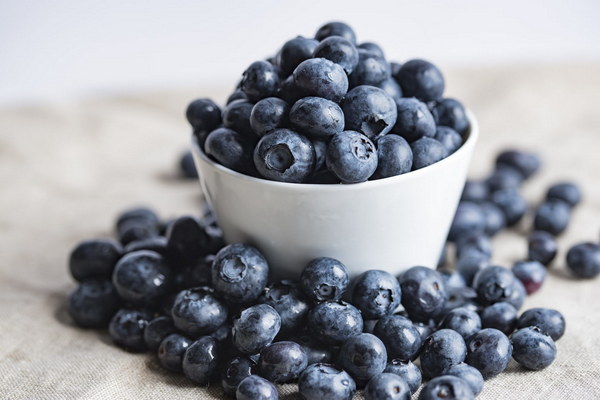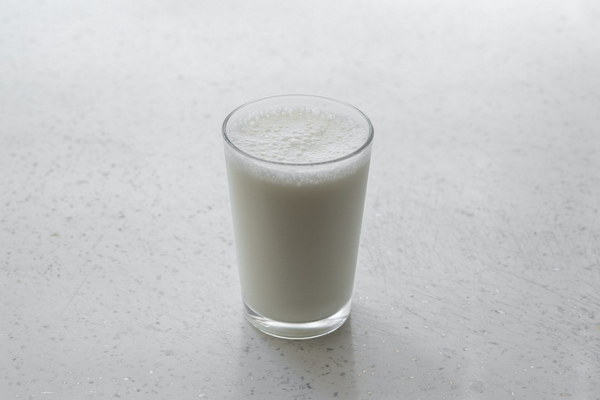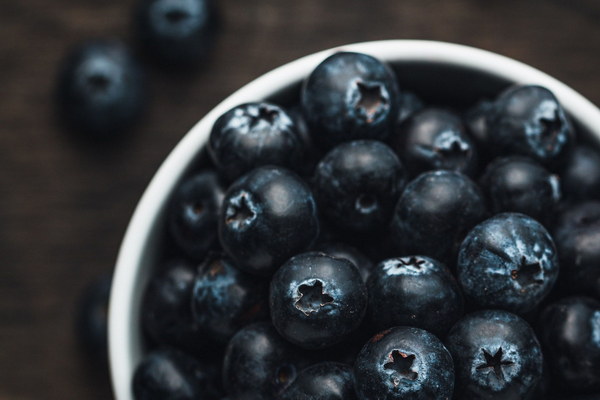Nourishing Your Stomach and Intestines A Guide to Gastrointestinal Health
In today's fast-paced world, maintaining a healthy digestive system is often overlooked. However, a healthy stomach and intestines are essential for overall well-being. The phrase nourish your stomach and thicken your intestines emphasizes the importance of caring for these vital organs. This article will provide valuable insights on how to achieve gastrointestinal health through diet, lifestyle, and natural remedies.
Understanding the Digestive System
The digestive system is responsible for breaking down food into nutrients that the body can use. It consists of the mouth, esophagus, stomach, small intestine, large intestine, and rectum. Proper digestion ensures that the body receives the necessary nutrients while eliminating waste products.
Dietary Tips for Nourishing Your Stomach and Intestines
1. Incorporate Probiotics and Prebiotics: Probiotics are live bacteria that promote gut health, while prebiotics are fibers that feed these beneficial bacteria. Foods rich in probiotics include yogurt, kefir, sauerkraut, and kimchi. Prebiotic-rich foods include bananas, onions, garlic, and asparagus.
2. Consume Fermented Foods: Fermented foods, such as pickles, miso, and tempeh, contain beneficial enzymes that aid digestion and improve gut flora.
3. Eat a Balanced Diet: A well-rounded diet that includes a variety of fruits, vegetables, whole grains, lean proteins, and healthy fats is crucial for maintaining a healthy digestive system.
4. Stay Hydrated: Drinking plenty of water helps keep the digestive system running smoothly and prevents constipation.
5. Limit Processed Foods: Processed foods are high in unhealthy fats, sugars, and preservatives, which can irritate the stomach and intestines.
6. Avoid Excessive Spicy Foods: While a little spice can be beneficial, excessive consumption can irritate the stomach lining and lead to discomfort.

Lifestyle Changes for Gastrointestinal Health
1. Regular Exercise: Physical activity promotes good digestion and helps maintain a healthy weight, reducing the risk of gastrointestinal issues.
2. Manage Stress: Chronic stress can affect the digestive system, leading to conditions such as irritable bowel syndrome (IBS). Techniques like meditation, deep breathing, and yoga can help manage stress levels.
3. Get Adequate Sleep: Poor sleep can disrupt the digestive system, so it's essential to get 7-9 hours of quality sleep each night.
4. Avoid Smoking and Limit Alcohol Consumption: Smoking and excessive alcohol intake can irritate the stomach lining and increase the risk of gastrointestinal problems.
Natural Remedies for Nourishing Your Stomach and Intestines
1. Peppermint Tea: Peppermint tea is known for its calming effect on the digestive system and can help relieve symptoms of indigestion.
2. Ginger: Ginger has anti-inflammatory properties and can aid in digestion, reducing bloating and gas.
3. Chamomile Tea: Chamomile tea is a natural relaxant and can help soothe an upset stomach.
4. Fennel Seeds: Fennel seeds are a digestive aid and can help alleviate bloating and gas.
5. Aloe Vera: Aloe vera has natural healing properties and can help soothe an irritated stomach lining.
In conclusion, nourishing your stomach and thickening your intestines is essential for maintaining a healthy digestive system. By incorporating these dietary tips, lifestyle changes, and natural remedies into your daily routine, you can achieve gastrointestinal health and improve your overall well-being. Remember, it's never too late to start taking care of your stomach and intestines, as they play a vital role in keeping you healthy and happy.









